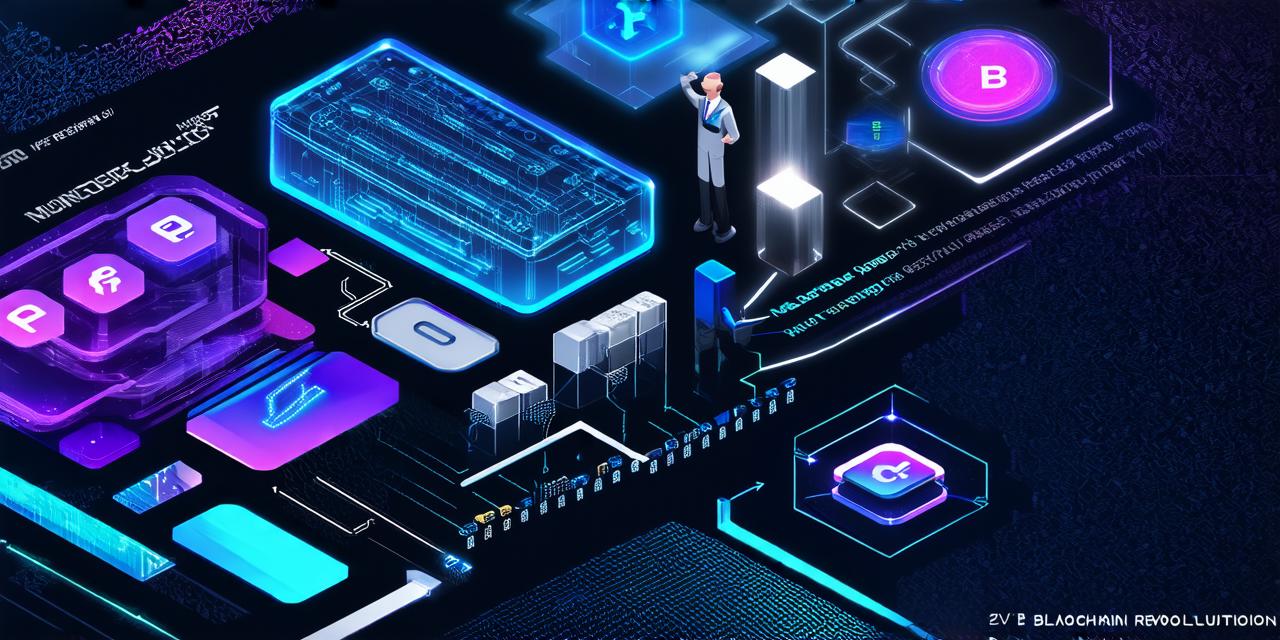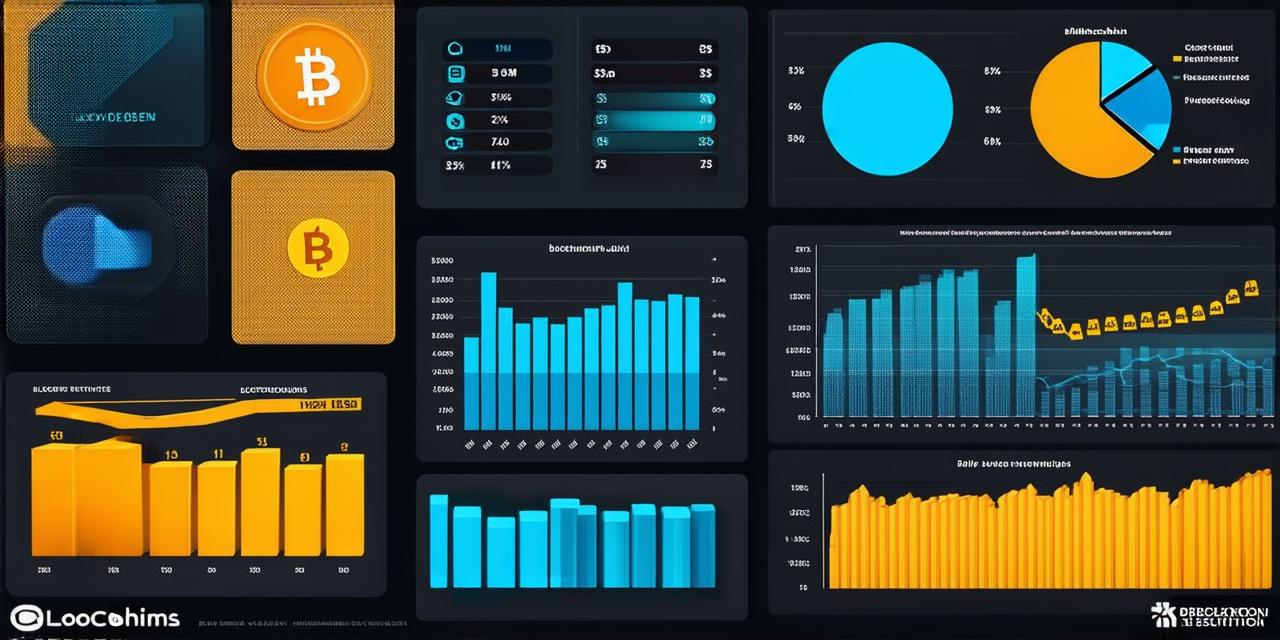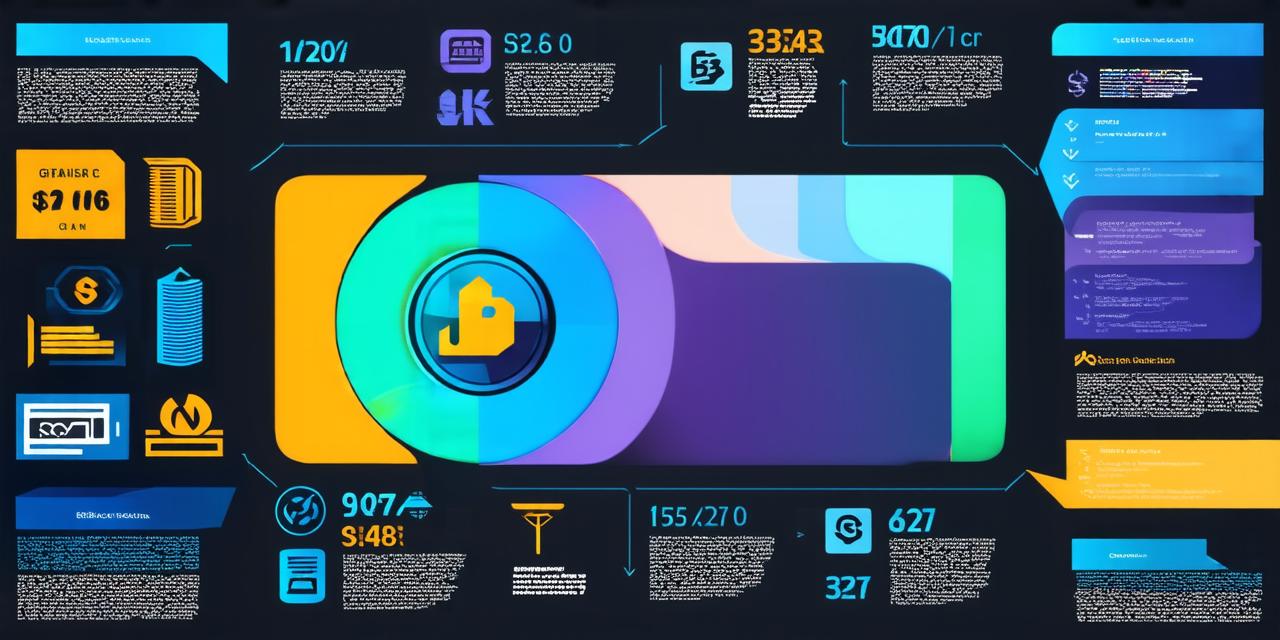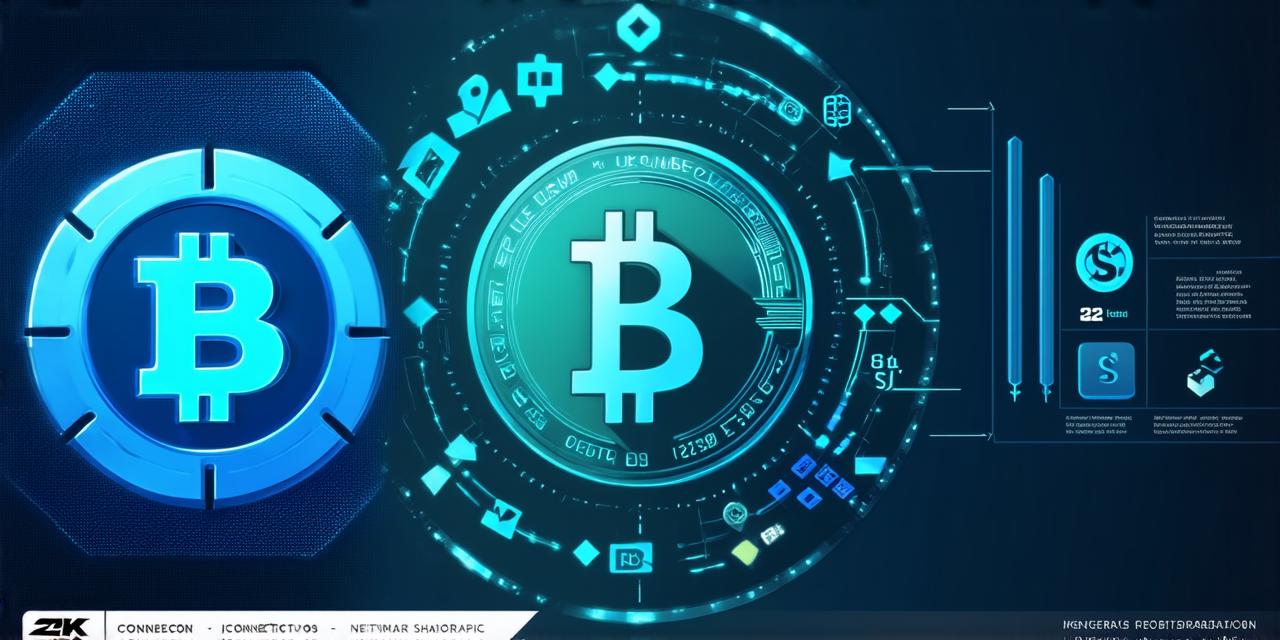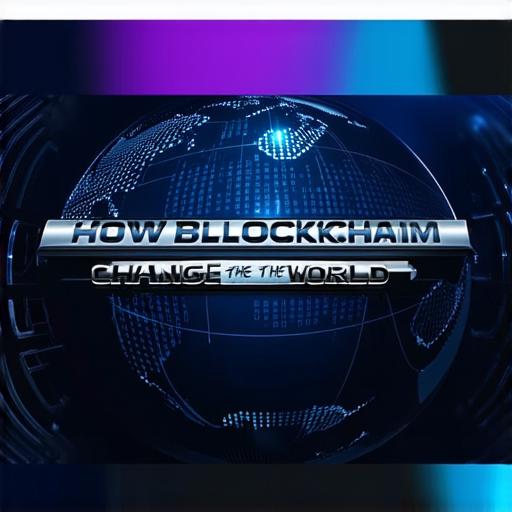
Blockchain technology has been around for over a decade now and it’s already making waves in various industries. From finance to healthcare, blockchain has the potential to revolutionize the way we store and share data.
Table of Contents
In this article, we will explore some of the most exciting use cases for blockchain and discuss how they can change the world.
1. Introduction
Blockchain technology has been in development since 2008, when the first Bitcoin transaction was made. Since then, it has become a buzzword and a topic of interest for many people. But what exactly is blockchain? And how can it change the world? In this article, we will delve into these questions and explore some of the most exciting use cases for blockchain technology.
2. What is Blockchain?
Blockchain is a distributed database that stores data in blocks. Each block contains a timestamp and a cryptographic hash of the previous block. The data stored in a blockchain is decentralized, meaning it is not controlled by any single entity or organization. Instead, it is maintained by a network of computers that work together to validate transactions and add new blocks to the chain.
One of the key features of blockchain technology is its immutability. Once data is stored on a blockchain, it cannot be changed or deleted. This makes it a secure and trustworthy way to store important information, such as financial records or medical records.
3. Use Cases for Blockchain
Now that we have a better understanding of what blockchain is, let’s explore some of the most exciting use cases for this technology.
4. Finance
One of the most well-known use cases for blockchain is in finance. Blockchain can be used to create secure and transparent payment systems, such as Bitcoin and Ethereum. It can also be used to facilitate cross-border payments and reduce the time and cost of transactions.
For example, the World Bank has partnered with IBM to create a blockchain platform that allows for faster and more efficient payments in developing countries.
5. Healthcare
Blockchain technology has the potential to revolutionize healthcare by improving data security and interoperability. Medical records are highly sensitive information that needs to be kept secure. Blockchain can provide a secure and decentralized way to store these records, which can help prevent breaches and ensure that patient data is not compromised.
Blockchain can also be used to improve data interoperability between different healthcare providers and systems. This can help reduce errors and improve patient outcomes by providing healthcare providers with access to complete and accurate medical records.
6. Supply Chain Management
Blockchain technology can be used to improve supply chain management by providing greater transparency and traceability. Blockchain can be used to track products from the point of origin to the end consumer, ensuring that they are authentic and have not been tampered with.
This can help prevent counterfeit goods from entering the market and reduce fraud.
